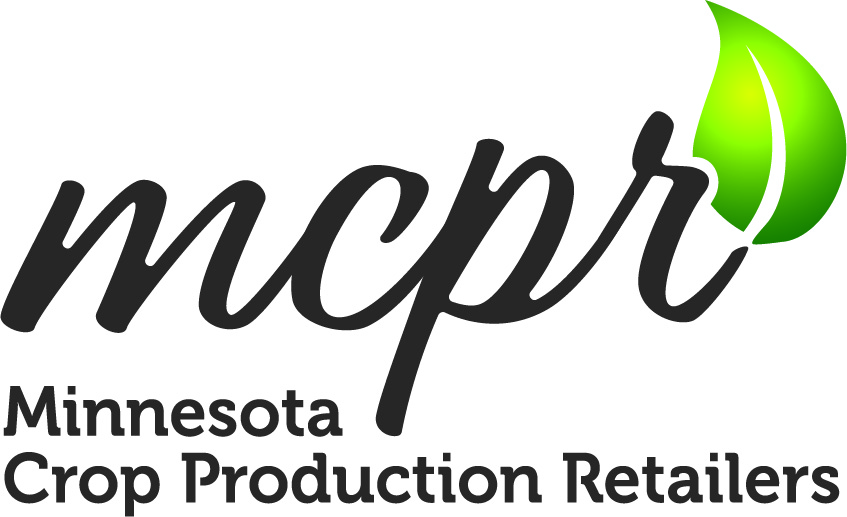Plant Food
MDA Manure Crediting Survey Findings
Greg Klinger from University of Minnesota Extension published the findings from a manure crediting survey he conducted which included one-on-one interviews with a custom applicators, state and local government staff, researchers, agronomists and farmers. Click here for details.
Comparison of the 4R Nutrient Management Specialty Certified Crop Advisor (4R NMS) and the 4R Certification Program
Kelsey Hill, Canada, led the development of the one-page outline comparing the difference between the 4R Nutrient Management Specialty Certified Crop Advisor (4R NMS) and the 4R Certification program in Ontario. MN Nutrient Stewardship Council (MN NSC) Chair, Adam Herges, thought it might be useful to others on the Global Certification Council and the MN NSC and MCPR members. For more information on who your organization can earn 4 R Certification creditial click here https://mcpr-cca.org/minnesota-4r-nutrient-stewardship-certification-program/ and or contact MCPR Executive Director and MN NSC Executive Director Patrick Murray at patrick@mcpr-cca.org. He will be happy to answer any questions or provide more information as needed.
4R Nutrient Stewardship Certification Program Canada
MCPR and McKenzie Smith, M.Sc, EPt, Director, Stewardship & Regulatory Affairs, Fertilizer Canada | Fertilisants Canada
FURTHER INFORMATION:
Minnesota Groundwater Protection Rule (GPR) Fact Sheet
Comments on the Air-quality-related Health Damages of Maize Study
Draft Nitrogen Fertilizer Rule
Alternative management tools to protect groundwater quality from nitrate contamination
The Minnesota Department of Agriculture’s Township Testing Program
Nitrogen Management Fertilizer Plan Fact Sheet
Nitrogen Fertilizer Rule Frequently Asked Questions
MDA Detections of Chlorpyrifos Alarming
Read the details of the significant detection of Chlorpyrifos MDA has documented recently. Please be aware of the label requirements and give notice to your customers that if these detections continue at this level could jeopardize Chlorpyrifos with additional regulation or even removing it's use in Minnesota. Earlier this year, the Minnesota Department of Agriculture updated their water quality BMPs for the insecticide chlorpyrifos. The BMP update was largely in response to monitoring data in recent years that has resulted in 9 impaired waters listings for the insecticide in Minnesota.
The MDA reminds applicators to:
➢ Read and follow the product label
➢ Observe the label-required setbacks from water, which is 25 feet for ground applications and 150 feet by air for chlorpyrifos
➢ Scout fields and only apply insecticides when economic thresholds are reached.
Chlorpyrifos sales are increasing in Minnesota as an effective treatment options for soybean aphid control. As with all crop protection products, good stewardship is needed to keep environmental impacts to a minimum and insure that these tools continue to be available to farmers.
Agricultural Fertilizer Research & Education Council (AFREC)
In 2007, the Minnesota Legislature established the Minnesota Agricultural Fertilizer Research and Education Program for the purpose of directing fertilizer research and outreach programs. The enabling legislation establishing the governing Agricultural Fertilizer Research and Education Council (AFREC) is Minnesota Statutes 18C.70 and 18C.71. The Minnesota Legislature established the funding mechanisms by raising the Minnesota Department of Agriculture’s (MDA) fertilizer tonnage fees from 30 cents/ton to 70 cents/ton starting July 1, 2009. Each year MDA announces a Request for Proposals (RFP) for projects using funds ($800,000, the upper annual limit set by the legislature) generated by fertilizer sales.
- Visit the AFREC webpage for more information.
- Read a legislative report which summarizes AFREC’s history and many of the great achievements made by this organization researching, educating, and promoting fertility use in modern Minnesota agriculture.
Information in Response to the Texas Facility Incident from The Fertilizer Institute (TFI).
- The Fertilizer Institute Fact Sheet
- 4R Nutrient Stewardship
- 4R Summary
- View an article from the New York Times showcasing the benefits of fertilizer. MCPR is pleased because the article reveals the vital role that fertilizer plays in improving and sustaining the world’s food supply. In addition, the article points to commercial fertilizers as one of the most effective solutions in solving the current global food crisis. Congratulations to TFI who had a significant role informing the authors of the facts.
Liquid Bulk Fertilizer Storage Issue
MCPR members may have questions about recent legislative changes related to customers storing on their farm liquid bulk fertilizer. MCPR is providing this statement that will give guidance reflecting the recently passed legislation and may suffice until the MDA provides us with a guidance document with more details. “The 2007 legislature amended “Sec. 28. Minnesota Statutes 2006, section 18C.305, by adding a subdivision to read: Subd. 3. Exemption. A permit and safeguard is not required for agricultural commodity producers who store, on their own property, for their own use, no more than 6,000 gallons of liquid commercial fertilizer.” Therefore, MCPR members should understand that a permit is not required and bulk fertilizer containment rules do not apply to agricultural commodity producers who store on their own property for their own use no more than 6,000 gallons of liquid commercial fertilizer. As always, use discretion related to the storage containers you fill.
Fluid Fertilizer Foundation
Founded in 1982, the Foundation represents the combined efforts of fertilizer dealers, equipment manufacturers, suppliers of allied products, agricultural chemical producers, commercial laboratories and basic producers of plant nutrients to provide research and educational funding for continued improvement in the application and efficiency of fluid fertilizers in all programs.
http://fluidfertilizer.org/
